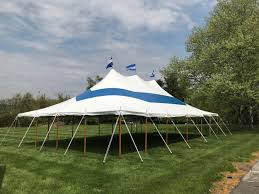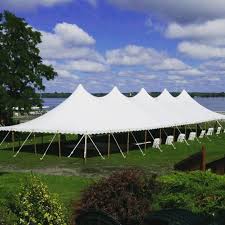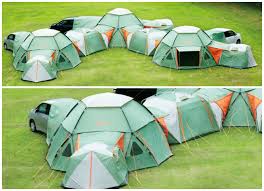Expanding the Tent
How big is your tent? Who and how many can fit under it? And how does someone qualify to be one of those lucky ones?

My rural neighborhood outside Santa Fe, for instance, is small, maybe 20 houses. I say “maybe” because our tent size is a bit fluid. We draw artificial boundaries based on tradition; one street over is too far, but another may be included that is no nearer. We include those who have moved away and we were so sorry to see them go that we still invite them to the annual Pie Bake, even if they are now in Florida. Who gets to be under our tent? Those with whom we share common ground – physically, but not always in other senses. And, those who are familiar, comfortable, reliable, although a newcomer may not have started out that way.
I’ve been thinking about “professional tents” lately. I have spent decades safely under the “mediation/facilitation tent.” This has given me the connections and status that enable me to make a living doing what I love. Those of us under the tent are on federal rosters of providers invited to bid on federal contracts. We speak at conferences, write articles, hobnob with leaders in the field, all of which increases our chances of landing the next job. It is a great club to be part of – for pleasure and profit.
But exactly what are the boundaries of the tent and do we need to do a little remodeling to expand our size?
My eyes were opened recently thanks to a project with Johns Hopkins University (JHU). The project included a series of zoom meetings with seven communities around the country representing different demographics – Latinx, Native American and African American – to learn how these groups make decisions about whether or not to take a vaccine. I was part of a team of experienced facilitators – all securely under the tent — ready to do the job, but it was clear to us that dropping into these communities, with no connection and no credibility, was not the way to go. We worked with the client to identify and hire local community members to fill the role. The group of seven recruits included a pastor, a community health worker, a clinical psychologist, a professor, a city administrator, and others. None was a trained facilitator.
My role shifted to that of coach and back-up for these “non-facilitators,” who would be facilitating their community conversations. I held three zoom calls where the facilitators could get some help from us established facilitators. The joke was on us; they needed none of that. They shared stories from their meetings and exchanged tips about how to handle certain situations. Whatever I offered was outweighed by what I received in new insights and inspiration. Although none was a facilitator in the professional sense, they facilitated beautifully, each in their own way, bringing their own identity and experience to the role. The community members felt they were in good and caring hands and engaged honestly, openly and with a vulnerability that would not have happened with an outside facilitator.

Would it be so hard to expand our tent and explicitly include these non-facilitators who nonetheless facilitated skillfully in our (often self-promoting) club ? It would be a win-win for the client who would get more robust and authentic engagement and a more useful product, for the participants who could relate to that person in the front of the room/screen, and for the profession which would at last begin to reflect the diversity of those we are working with.
So what are the barriers to expanding the tent to include these talented, unrecognized practitioners? Unlike lawyers, doctors and others there are no degrees or exams required to call yourself a mediator or facilitator. A few states have certification programs for mediators, but almost all of us under the tent are not carrying around a license to practice. So it is not that lack of certification that is keeping them out. I think it is more insidious. As with any club, or neighborhood, there is an expectation that those who join will fit in. This may mean having certain degrees and /or impressive experience in the field. It also may mean that the new member under the tent will relate easily to the existing members. There will be a familiarity, a comfort level; the new member will not pose a challenge, will not rock the boat, but will embrace the status quo whatever it might be.
This is not a sign of good health for the profession. It is increasingly clear to me that there is bias built into the system. Those from different backgrounds, who look or sound different, whose skills manifest differently, may not pass that comfort and familiarity test and may not be invited into the professional tent. They will not have access to the status and connections, and hence the jobs and contracts, that come with being under that tent. The diversity, the insights, the skills that those local facilitators brought to the JHU project are exactly what we need inside our professional tent. Of course, not everyone is lining up to get into the tent, but for those who are, we should throw open the flap and welcome them in.
Expanding our tents to embrace the other is the right thing to do for so many reasons –a stronger group, a sustainable future, and a more inclusive and just way of doing business.

